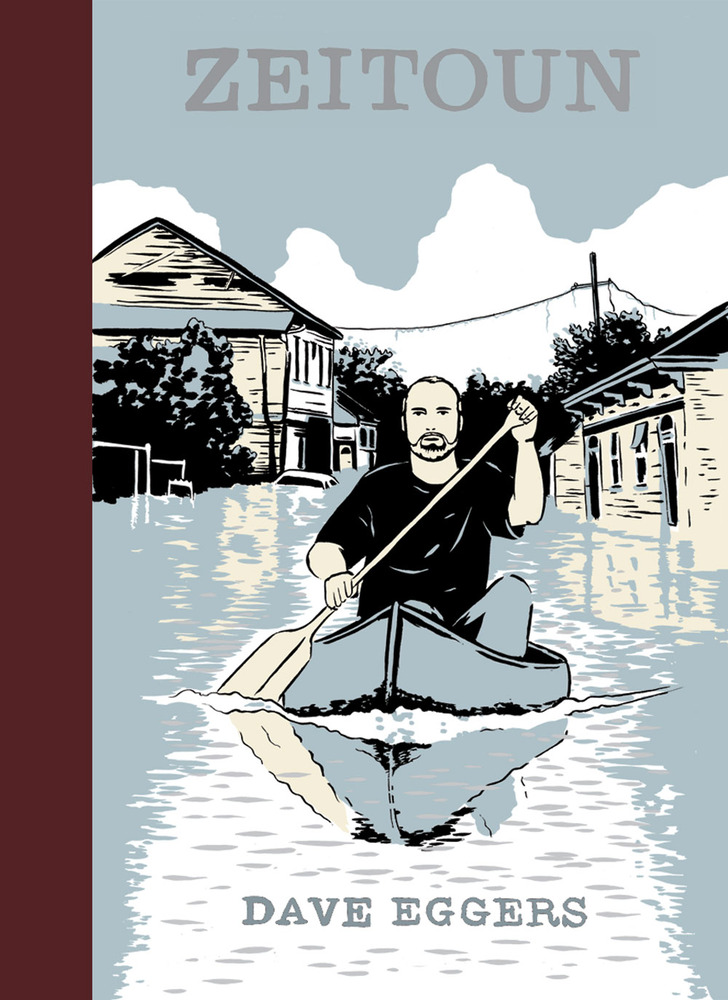Two weeks ago news outlets began circling a story about the Egyptian parliament considering a law that would allow a husband to have sex with his deceased wife’s corpse up to six hours after her death. The news of this ‘Farewell Intercourse’ law was first reported by an Egyptian state-run newspaper, and soon after the international media jumped on the story, but news outlets retracted the story once it became clear that there was no evidence to confirm that a necrophilia law was ever even under discussion in the Egyptian parliament. Svend White writes:
Writing in The Christian Science Monitor today, Dan Murphy heaped skepticism on the bizarre sex-with-your-dead-wife story that spread like wildfire April 25th, with my blog being no exception. As he points out, in terms of bizarreness, titillation and dovetailing with stereotypes this tale does seem too “good” to be true.
He writes:
It was soon mentioned in an English language version of Al-Arabiya and immediately started zipping around social-networking sites. By this afternoon it had set news sites and the rest of the Internet on fire. It has every thing: The yuck factor, “those creepy Muslims” factor, the lulz factor for those with a sick sense of humor. The non-fact-checked Daily Mail picked it up and reported it as fact. Then Andrew Sullivan, who has a highly influential blog but is frequently lax about fact-checking, gave it a boost with an uncritical take. The Huffington Post went there, too.
There’s of course one problem: The chances of any such piece of legislation being considered by the Egyptian parliament for a vote is zero.
He then implicitly chides those of us who got caught up in this common defense-defying hysteria for not verifying the facts first. He has a point. While there’s certainly no shortage of nasty stories of impeccable veracity to choose from in this messy world, implausible and offensive fictions and half-truths about Muslims do periodically get uncritically promoted in the tabloid press and/or the MSM.
Stories like this are a reminder of the downside of the Internet. It makes fact-checking and monitoring easier. But the proliferation of aggregation sites, newsy blog sites, and the general erosion of editorial standards (and on-the-ground reporters to do the heavy lifting) also spreads silliness faster than it ever could before.
And yet, in my partial defense, it has to be noted that this item appeared first on a Middle Eastern news site, not a Western tabloid like News of the World, or another publication that could reasonably be suspecting of having an ax to grind. So, yes, I and others should have cast a skeptical eye on the story, but this did seem to come from more credible source than is usually the case in such situations.
He also touched on a dimension to the stories this genre that I wanted to highlight but didn’t for lack of time: In Islam, religious authority is highly decentralized. However much the shocking antics of a given extremist or eccentric cleric may grab outsiders’ attention, they don’t necessarily signify much in the scheme of things.
It’s important to remember that the structure of the Muslim clergy is, by and large, like that of a number of Protestant Christian sects. Anyone can put out a shingle and declare themselves a preacher. The ones to pay attention to are the ones with large followings, or attachment to major institutions of Islamic learning. The preacher in Morocco is like the preacher in Florida who spent so much time and energy publicizing the burning of Qurans.
Svend White is an Information Technology consultant currently based in Oklahoma, where he lives with his wife and daughter. He was raised Muslim in Boston. He has a Master’s Degree in Religion and has published a bit here and there on Islam, Muslims, and politics. This article was originally published on Patheos.
(Photo Credit: Wally Gobetz)




